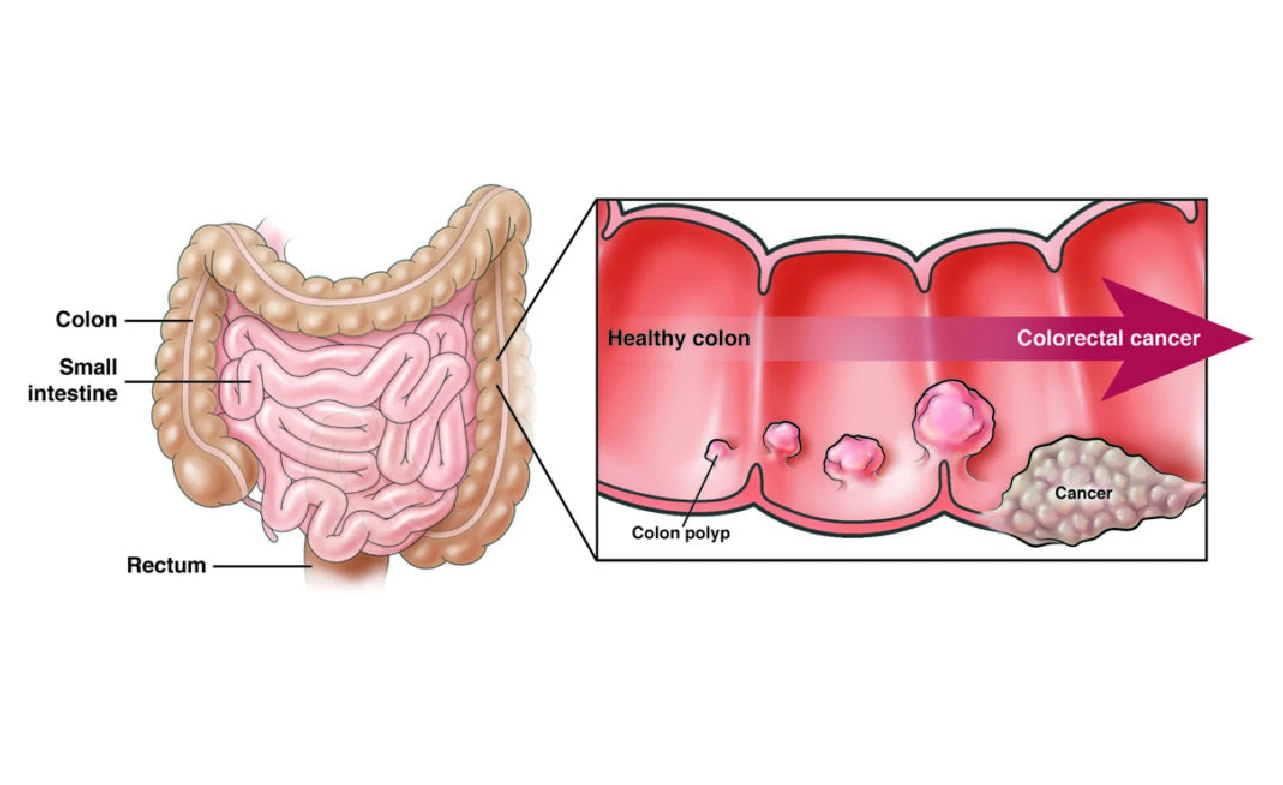Understanding the ICD-10 Code for Colorectal Cancer

When navigating the world of medical billing and diagnosis, understanding ICD-10 codes is essential. If you’ve ever wondered, “What’s the ICD-10 code for colorectal cancer?” or wanted to know why it matters, you’re in the right place. This guide will simplify the topic and break it down for you in an easy-to-digest way.
What is an ICD-10 Code?
The ICD-10 (International Classification of Diseases, 10th Edition) is a standardized coding system used globally to classify diseases and health conditions. These codes help healthcare providers, insurance companies, and researchers track and manage diseases efficiently. Think of it as a universal language in the medical world.
ICD-10 Code for Colorectal Cancer
Colorectal cancer, often referred to as bowel cancer, affects the colon or rectum. The ICD-10 code for this condition varies based on the specific location and type of cancer. Here are the primary codes:
| ICD-10 Code | Condition |
|---|---|
| C18.0 | Malignant neoplasm of cecum |
| C18.1 | Malignant neoplasm of appendix |
| C18.2 | Malignant neoplasm of ascending colon |
| C18.3 | Malignant neoplasm of hepatic flexure |
| C18.4 | Malignant neoplasm of transverse colon |
| C18.5 | Malignant neoplasm of splenic flexure |
| C18.6 | Malignant neoplasm of descending colon |
| C18.7 | Malignant neoplasm of sigmoid colon |
| C18.8 | Overlapping malignant lesions of colon |
| C18.9 | Malignant neoplasm of colon, unspecified |
| C19 | Malignant neoplasm of rectosigmoid junction |
| C20 | Malignant neoplasm of rectum |
| C21.8 | Overlapping malignant lesions of rectum |
These codes cover the entire colorectal region, ensuring precise documentation for patient care and insurance claims.
Why Are ICD-10 Codes Important for Colorectal Cancer?
ICD-10 codes serve multiple purposes:
- Accurate Diagnosis Documentation: Ensures that healthcare providers correctly identify and track the specific type and location of cancer.
- Insurance Claims: Facilitates seamless communication with insurance companies, reducing claim denials.
- Data Analysis: Helps researchers and public health officials monitor trends and outcomes for better prevention and treatment strategies.
Symptoms and Diagnosis of Colorectal Cancer
Colorectal cancer often sneaks in quietly, but early detection can make a huge difference. Common symptoms include:
- Persistent changes in bowel habits (diarrhea, constipation, or stool narrowing).
- Blood in the stool.
- Unexplained weight loss.
- Fatigue and weakness.
- Abdominal pain or cramping.
Diagnosing colorectal cancer involves a series of tests, such as:
- Colonoscopy: A close look inside the colon.
- Biopsy: Sampling tissue for analysis.
- Imaging Tests: CT or MRI scans to detect cancer spread.
Risk Factors for Colorectal Cancer
Understanding the risk factors can help in prevention and early detection:
- Age: Most cases occur in individuals over 50.
- Family History: A history of colorectal cancer in close relatives increases risk.
- Lifestyle Choices: Diets high in red or processed meats, low physical activity, smoking, and heavy alcohol consumption can contribute.
- Medical History: Conditions like inflammatory bowel disease (IBD), such as Crohn’s disease or ulcerative colitis, also raise the risk.
- Genetics: Some inherited conditions, like Lynch syndrome, heighten susceptibility.
Prevention Tips for Colorectal Cancer
While some risk factors like age and genetics can’t be changed, adopting healthier habits can significantly reduce your risk. Here are actionable prevention tips:
- Eat a Healthy Diet: Focus on fruits, vegetables, and whole grains.
- Stay Active: Regular physical activity can lower risk.
- Limit Alcohol and Quit Smoking: Both are major contributors to colorectal cancer risk.
- Get Screened: Regular screenings, like colonoscopies, are key for early detection and prevention.
Treatment Options for Colorectal Cancer
Treating colorectal cancer depends on its stage and location. Common treatments include:
- Surgery: Removing cancerous tissue.
- Chemotherapy: Using drugs to kill cancer cells.
- Radiation Therapy: Targeting cancer with high-energy rays.
- Targeted Therapy: Focusing on specific molecules in cancer cells.
- Immunotherapy: Boosting the immune system to fight cancer.
Pro Tip: Always discuss your treatment options with your healthcare provider to find the plan that’s best for you.
How to Use ICD-10 Codes for Colorectal Cancer in Practice
For healthcare professionals and medical coders, accuracy is critical. When documenting colorectal cancer, consider these tips:
- Be Specific: Use the code that best matches the tumor’s location and type.
- Double-Check Your Work: Small mistakes can lead to claim rejections or delays.
- Stay Updated: ICD-10 codes are periodically revised, so staying current is vital.
FAQs About ICD-10 Codes for Colorectal Cancer
Q: Can the same ICD-10 code be used for multiple patients?
A: Yes! ICD-10 codes are standardized, so the same code applies to anyone with the same condition.
Q: How does ICD-10 coding impact insurance reimbursements?
A: Accurate ICD-10 coding ensures that claims are processed smoothly, reducing errors and increasing the likelihood of approval.
Q: What happens if I use the wrong ICD-10 code?
A: Incorrect codes can lead to claim denials, delayed payments, or even audits. Always verify codes before submission.
Real-Life Impact of ICD-10 Codes
Imagine a busy oncologist juggling multiple patients. With precise ICD-10 coding, they can efficiently track diagnoses, treatments, and outcomes. For patients, accurate coding means their insurance claims are processed without unnecessary stress, allowing them to focus on recovery.
Conclusion
Understanding the ICD-10 code for colorectal cancer is more than just a task for medical professionals—it’s a critical step in patient care and healthcare management. By using the correct codes, we ensure accurate diagnosis, effective treatment planning, and smoother insurance processes.
If you or someone you know is facing colorectal cancer, don’t hesitate to consult your healthcare provider and ask questions. After all, knowledge is power when it comes to your health!
By staying informed and proactive, you’re not just a patient or a caregiver; you’re an empowered advocate for better health and well-being.
Read more: